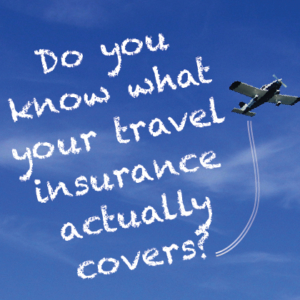Senators Harkin, Rockefeller, FCC’s Clyburn to be honored with prestigious advocacy awards in Washington – National Consumers League
September 27, 2013
Contact: NCL Communications, Ben Klein, (202) 835-3323, benk@nclnet.org
Washington, DC— The National Consumers League (NCL), the nation’s pioneering consumer and worker advocacy organization, will honor Mignon Clyburn, Acting Chairwoman of the Federal Communications Commission (FCC), with its highest honor, the Trumpeter Award, on Tuesday, October 1, in Washington, DC. The event will bring together a diverse group of representatives from nonprofit organizations, labor unions, consumer organizations, and industry to celebrate Commissioner Clyburn’s accomplishments.
Commissioner Clyburn is the first woman to head the FCC and has a long list of accomplishments including: instituting a cap on calling rates for inmates to family and friends, announcing a spectrum auction that will raise an estimated $1.5 billion, negotiating a deal that will allow wireless devices used by smaller carriers to operate on larger carriers networks.
“The Trumpeter Award is NCL’s highest honor given to leaders who have tirelessly advocated for the right of consumers and workers. In just a short time as head of the FCC, Chairwoman Clyburn has demonstrated a commitment to a fair and open communications marketplace for consumers,” said NCL Executive Director Sally Greenberg. “We are very lucky to have such an adept leader at the FCC as Congress continues to delay a vote to confirm Tom Wheeler to that position.”
The first ever recipient of the Trumpeter Award was Senator Ted Kennedy. Previous honorees include Labor Secretaries Hilda Solis, Robert Reich, Alexis Herman, head of the FDA Dr. Margaret Hamburg, AFT President Randi Weingarten, Surgeon General Regina Benjamin, Senators Carl Levin and Paul Wellstone, Delores Huerta of the United Farm Workers, and many others.
NCL will also honor Senators Tom Harkin and Jay Rockefeller with the first-ever Consumer and Labor Leadership Awards. As their retirement from the US Senate draws near, NCL is proud to commemorate their years of service to America’s consumers and workers with this award. Both Senators were recipients of the Trumpeter Award in the early 1990s.
Dana Wiggins, coordinator for the Virginia Partnership to Encourage Responsible Lending (VaPERL) coalition and Director of Outreach and Financial Advocacy for the Virginia Poverty Law Center in Richmond, VA, will receive the Florence Kelley Consumer Leadership Award, named for NCL’s early leader and awarded to grassroots consumer advocates.
The event will feature a reception, dinner, and speaking appearances by NCL leadership and the honorees, as well as:
- Cecil E. Roberts, International President, Untied Mine Workers of America
- Mamie Locke, Virginia State Senator
- Anna G. Eshoo, United States Congresswoman
Event details
What: National Consumers League’s 2013 Trumpeter Awards Dinner
When: Tuesday, October 1, 2013 | 6 p.m. Reception | 7 – 9 p.m. Dinner and Presentation of Awards
Where: Omni Shoreham Hotel
2500 Calvert Street, NW Washington, DC 20008
Questions or to RSVP: Ben Klein, National Consumers League (202) 835-3323
###
About the National Consumers League
The National Consumers League, founded in 1899, is America’s pioneer consumer organization. Our mission is to protect and promote social and economic justice for consumers and workers in the United States and abroad. For more information, visit www.nclnet.org.














